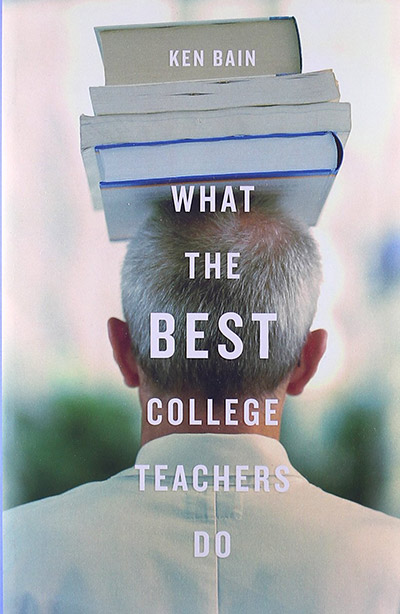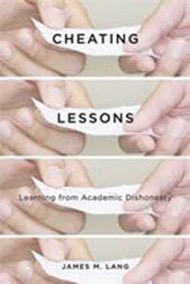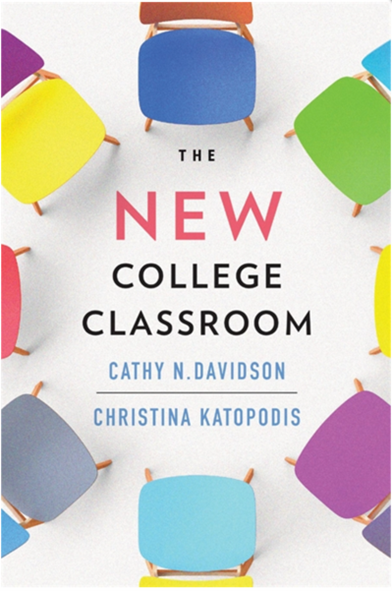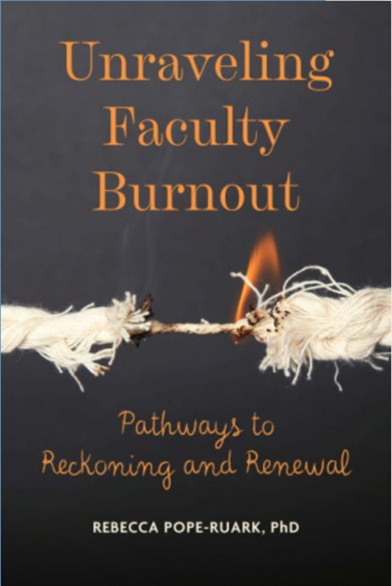A Snapshot of What Students Learn
The opening of a new semester, full of promise and potential, is a great time to motivate students by providing a vision of the learning they’ll do in your course. Since learning is a process of change, you can help them see the course as transformative: What will they be able to do by the end of the semester? What mysteries will they have unlocked? What academic superpowers will they have acquired?
This is also a great time to ask ourselves, how will I know whether the growth I hope to facilitate is really happening during the course? Many kinds of assessments help us collect evidence of students’ progress toward learning goals at certain points during the semester, but if we want to get a sense of the learning that happens because of the whole term, we need to establish a baseline close to the beginning (often right after add/drop ends) and measure again at the end. A pretest-posttest approach, in which you administer the same assessment at the beginning and end of a course, can be useful in many classes.
Establishing a baseline also makes sense for course design—not just because it allows us to better gauge our own effectiveness. (How much change do we actually create?) We can’t build good learning experiences without an assessment of students’ prior knowledge. Students will learn more when we have a bead on what they really know, rather than what we think they ought to know, at the start of the course. You’ll be able to tweak lessons and assignments to build their skills, to activate their prior learning, and to help them make the right connections.
An exam (if your diagnostic or pre-test is one) isn’t the most inspiring welcome, of course, so it’s important to assure students that they won’t be graded on this initial performance. It can even be anonymous. It’s also important to reassure them that it’s normal that they aren’t familiar with the material. We don’t want to start the term by making them feel behind and discouraged. And you don’t actually have to administer a quiz or test; there are plenty of other, low-stakes methods for assessing your students’ familiarity with the concepts they need and the skills they’ll acquire. You might try a concept inventory, a self-assessment probe, diagnostic writing, etc. Here’s a great example (pages two and three) of beginning- and end-of-term activities in an introductory psychology course.
Let us know if you’d like help or suggestions. You can email us at pro-teaching@fsu.edu. We look forward to working with you!
Spring Faculty Reading Groups
This semester CAT is offering the following faculty reading groups. Each group will meet once a week for three weeks to discuss the books in sections. One group will be held remotely on Zoom. We hope you can join us! Please register here.
What the Best College Teachers Do
 Tuesdays: 1/31, 2/7, 2/14
Tuesdays: 1/31, 2/7, 2/14
2:00–3:30 p.m. on Zoom
E-book, available through FSU’s libraries
Click here to explore the book What the Best College Teachers Do.
Cheating Lessons: Learning from Academic Dishonesty
 Fridays: 2/3, 2/10, 2/17
Fridays: 2/3, 2/10, 2/17
2:00–3:30 p.m. in 432 DIF
Print copy, delivered through interoffice mail
Click here to explore the book Cheating Lessons: Learning from Academic Dishonesty.
Note: This group will be co-facilitated by special guest Joshua Morgan, an academic affairs administrator and former mental health/career counselor who provides leadership, consultation, outreach, and training on academic integrity issues at FSU.
The New College Classroom
~ Closed – This group has reached capacity. ~
 Wednesdays: 2/22, 3/1, 3/8
Wednesdays: 2/22, 3/1, 3/8
2:30–4:00 p.m. in 432 DIF
Print copy, delivered through interoffice mail
Click here to explore the book The New College Classroom.
Unraveling Faculty Burnout: Pathways to Reckoning and Renewal
~ Closed – This group has reached capacity. ~
 Thursdays: 2/23, 3/2, 3/9
Thursdays: 2/23, 3/2, 3/9
2:00–3:30 p.m. in 432 DIF
Print copy, delivered through interoffice mail
Click here to explore the book Unraveling Faculty Burnout: Pathways to Reckoning and Renewal.



